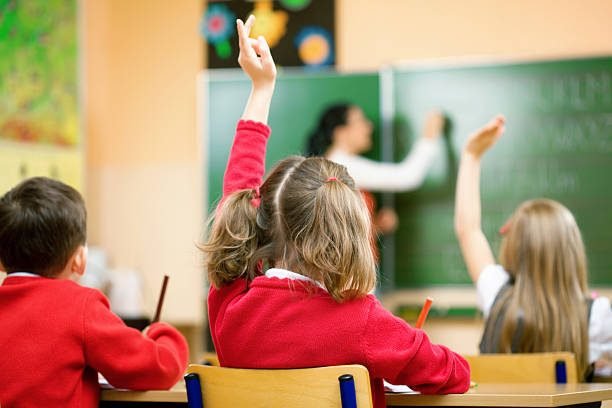Academic excellence may be the traditional cornerstone of private education, but modern independent schools understand that the journey of learning extends far beyond textbooks and test scores. Today’s most forward-thinking schools strike a powerful balance—delivering rigorous academic instruction while nurturing the personal, emotional, and practical skills students need to succeed in life.
In private schools across the UK, this holistic approach is redefining what success looks like for students. It’s not just about mastering maths or writing an A-grade essay. It’s also about building empathy, resilience, confidence, and real-world awareness. In short, it’s about developing well-rounded individuals who are equipped to thrive in an ever-changing world.
Academics with Purpose
There is no doubt that academic achievement remains a top priority. Many parents choose private education because of the strong curriculum, smaller class sizes, and expert teaching. Students are encouraged to aim high, think critically, and engage deeply with subjects—from the sciences and humanities to languages and the arts.
However, the best schools don’t deliver academic content in isolation. Lessons are frequently tied to real-world applications, encouraging students to connect their learning to everyday life. Whether through problem-solving tasks, collaborative projects, or cross-curricular themes, pupils are shown how knowledge translates into action—building confidence and purpose along the way.
In settings such as a private school Suffolk is home to, education is not about rote learning. It’s about nurturing intellectual curiosity, where teachers serve as facilitators of thought rather than mere deliverers of facts.
Life Skills Embedded in School Life
Alongside academic subjects, private schools are increasingly prioritising the kinds of skills that prepare children for life beyond the classroom. This includes everything from communication and collaboration to leadership, time management, and emotional intelligence.
Many schools implement pastoral care programmes and PSHE (Personal, Social, Health and Economic) education to promote mental wellbeing and social understanding. Others offer structured life skills classes where pupils might learn how to budget, manage their time effectively, or resolve conflict in a constructive way.
What sets these schools apart is that such lessons are not just taught in isolation—they are integrated into school culture. From the way assemblies are led to how students take part in school councils, every opportunity is used to model and practice responsible, respectful behaviour.
Co-Curricular as Character Builders
Sport, music, drama, and clubs are not “extras” at independent schools—they are essential. These co-curricular activities play a crucial role in developing character and providing practical experiences that shape students as individuals.
Taking part in a school play, leading a house team, or learning an instrument teaches discipline, perseverance, and the rewards of teamwork. Students learn to set goals, deal with failure, and take pride in both personal and group achievements.
In fact, many Suffolk private schools are known for their vibrant extracurricular scenes, offering everything from environmental stewardship initiatives to entrepreneurship clubs. It’s this breadth that ensures every child can find a passion—and the confidence that comes with pursuing it.
Preparing for the World Ahead
Perhaps most importantly, private education that balances academics with life skills helps students navigate the wider world with greater maturity and purpose. Whether heading to university or starting their career, these young adults are prepared not just to succeed in exams, but to communicate well, adapt to challenges, and contribute meaningfully to society.
Schools increasingly partner with local businesses, charities, and alumni networks to provide mentoring, internships, and real-world experiences. These opportunities reinforce the idea that learning never stops at the classroom door—it’s a lifelong journey shaped by purpose, curiosity, and human connection.
Conclusion
Balancing learning and life skills isn’t a trade-off—it’s a necessary synergy. The most successful students today are those who can apply what they know, adapt to what they don’t, and collaborate with others to make a difference. Independent schools that nurture this balance give their pupils more than knowledge—they give them direction, resilience, and a strong sense of self.
In doing so, they ensure that education is not only about passing exams, but about preparing young people to live well, lead with compassion, and face the future with confidence.

